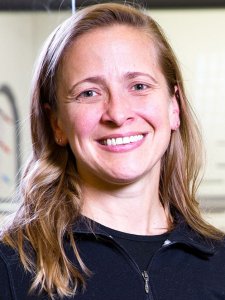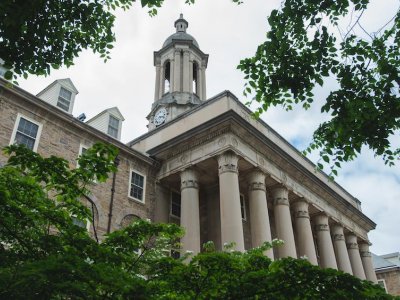According to the 2018 IPCC report "Global Warming of 1.5˚C" devastating climate changes will occur if we cannot halve the CO2 emission by 2030. Today, fossil fuels remain a significant contributor to greenhouse gases. Even if we shut down the restaurants and factories, ground planes, and close borders (which did occur during the pandemic in 2020), the reduction of carbon emissions is far from sufficient, with the carbon emissions from fossil fuels only reduced by 5.4% in 2020. Thus, having fuel alternatives to fossil fuels continues to be urgent.
Hydrogen has the potential to reconfigure the energy sector's use of fuel sources and usher in an era of clean energy. Electrolysis of water is an environmentally sustainable approach to producing hydrogen if coupled with renewable energy sources. The economical and efficient splitting of water requires low-cost catalysts with a low overpotential and high stability (i.e., high resistance to degradation). This seed grant project integrates advanced in-situ/operando characterization (Yang and Terrones) with ab initio modeling (Dabo) and intelligent materials synthesis (Greenlee and Zarzar) to discover mechanistic insights into how the design of novel catalyst materials correlates to both performance and stability.
Researchers
Ismaila Dabo







